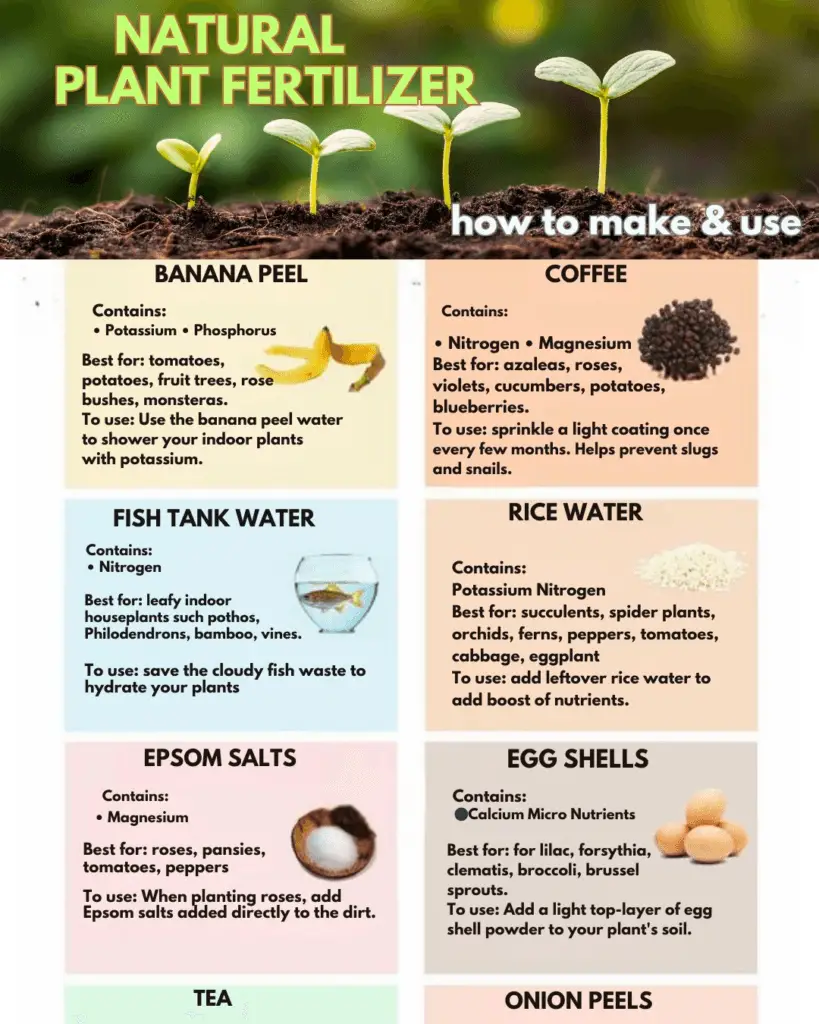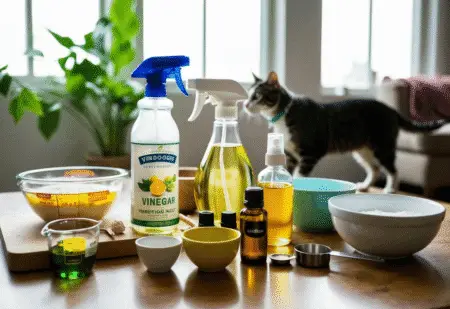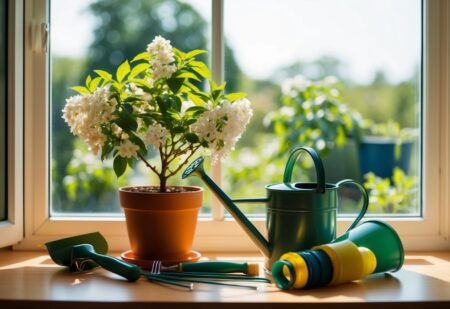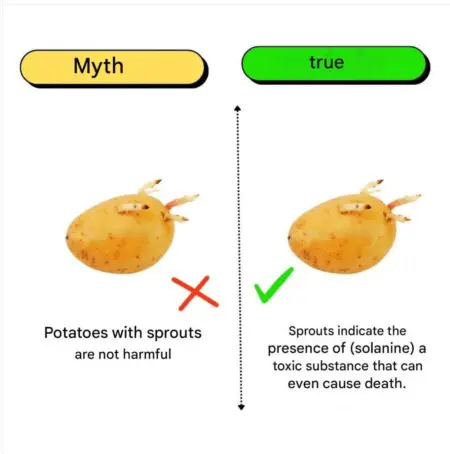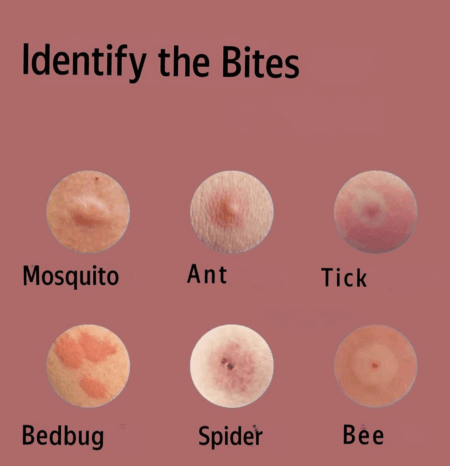Table of Contents
Healthy plants require vital nutrients to thrive and defend against diseases. Six key nutrients—nitrogen, phosphorus, potassium, magnesium, sulfur, and calcium—play crucial roles in supporting plant growth. Ensuring these nutrients are available can significantly enhance the overall health of plants.
An effective way to supply these nutrients is by creating natural organic fertilizers using food scraps that are often discarded. By repurposing kitchen waste, individuals can foster active and healthy plant growth while minimizing waste. This approach not only promotes sustainability but also enriches the garden with necessary nutrients.
Key Takeaways
- Essential nutrients are vital for plant health and growth.
- Food scraps can be transformed into effective natural fertilizers.
- Using organic methods supports sustainability in gardening.
Create Natural Fertilizers with Food Scraps
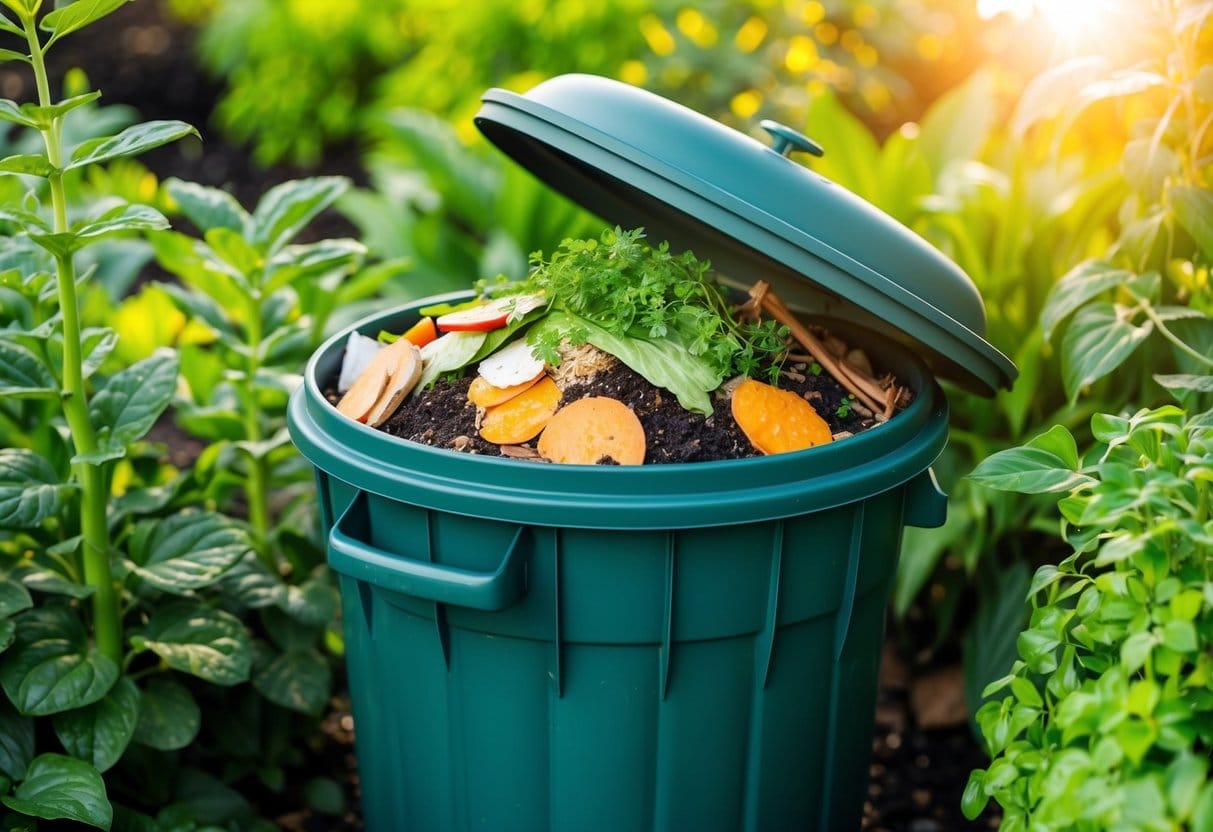
Using food scraps to make fertilizers is an effective way to nourish plants while reducing waste. Several common kitchen items can provide essential nutrients necessary for vibrant plant growth. The following sections present various food scraps and their contributions to plant health, as well as methods to utilize them as natural fertilizers.
Banana Peels
Banana peels are beneficial for various plants due to their high potassium content, which accounts for approximately 42%. Potassium is crucial for root development and water regulation in plants.
How to Use:
- Chop banana peels into small pieces and bury them in the soil of the garden.
- Alternatively, soak chopped peels in water for three days. Strain the mixture, then dilute it with equal parts water.
Best For:
- Suitable for tomatoes, potatoes, fruit trees, rose bushes, Monsteras, and Tillandsias.
Rice Water
Rice water is a great source of beneficial microorganisms, particularly Lactobacilli, which supports plant roots. It contains vital nutrients like protein, fiber, amino acids, and minerals, making it an excellent organic fertilizer.
How to Prepare:
- Boil two cups of water without salt and add half a cup of uncooked rice. Wait until the water becomes cloudy, then strain out the rice.
How to Use:
- Add the rice water to a watering can and apply it to plants once a month.
Best For:
- Works well for plants that thrive in slightly acidic soil, such as peppers, tomatoes, ferns, succulents, spider plants, and African violets.
Coffee Grounds
Used coffee grounds are rich in nitrogen, a key nutrient for plant growth and development. They also contribute calcium and magnesium, both of which enhance plant health.
Application Method:
- Collect used coffee grounds and lightly spread them across the soil of the plants every few months.
Best For:
- Effective for azaleas, rhododendrons, roses, African violets, cucumbers, potatoes, and blueberries.
Onion Peels
Onion peels are packed with antioxidants and other beneficial properties. They provide sulfur, quercetin, potassium, phosphorus, zinc, iron, and iodine, which are essential for plant growth.
Preparation:
- Place peels from 5 to 6 onions in a container with water (1 to 1.5 liters). Let the mixture sit for 24 to 48 hours to extract the nutrients.
Usage:
- Strain the solution and use it to water plants every 15 to 20 days.
Tea Leaves
Used tea leaves can enhance soil health by improving its structure and aerating it, which allows for better nutrient retention and drainage.
How to Prepare:
- Place used green tea grounds in a jar and fill it with water. Let it steep for 24 hours.
Application Method:
- Use the cooled tea to spray on plant leaves for fungal protection or directly incorporate the leaves into the soil.
Best For:
- Beneficial for red leaf lettuce, sweet corn, and soybeans.
Egg Shells
Egg shells are rich in calcium and other minerals beneficial for plants. They can assist with plant nutrition and support healthy growth.
Preparation Steps:
- Clean and dry 6 to 12 egg shells over a few days, then grind them into a fine powder.
How to Use:
- Sprinkle approximately one tablespoon of the powder into the soil of pots measuring 6 to 10 inches in diameter.
Best For:
- Effective for lilac, forsythia, clematis, broccoli, and Brussels sprouts.
Epsom Salt
Epsom salt is an excellent organic fertilizer, especially for roses. It contains magnesium and sulfate, which are vital for plant growth and nutrient uptake.
Preparation Method:
- Dissolve two tablespoons of Epsom salt in a gallon of water.
Usage Instructions:
- Apply the solution as a spray on both indoor and outdoor plants or mix it into the soil during planting to promote flowering.
Best For:
- Roses, pansies, tomatoes, peppers, and shrubs like azaleas and rhododendrons.
Fish Tank Water
Water from aquariums is rich in organic nutrients beneficial to plants. It contains waste products that help nourish plants when used correctly.
How to Apply:
- When cleaning the fish tank, save the cloudy water filled with fish waste to use for watering plants monthly.
Best For:
- Ideal for plants such as golden pothos, Philodendrons, bamboo, arrowhead vines, and dumb canes.
Summary Table of Fertilizers
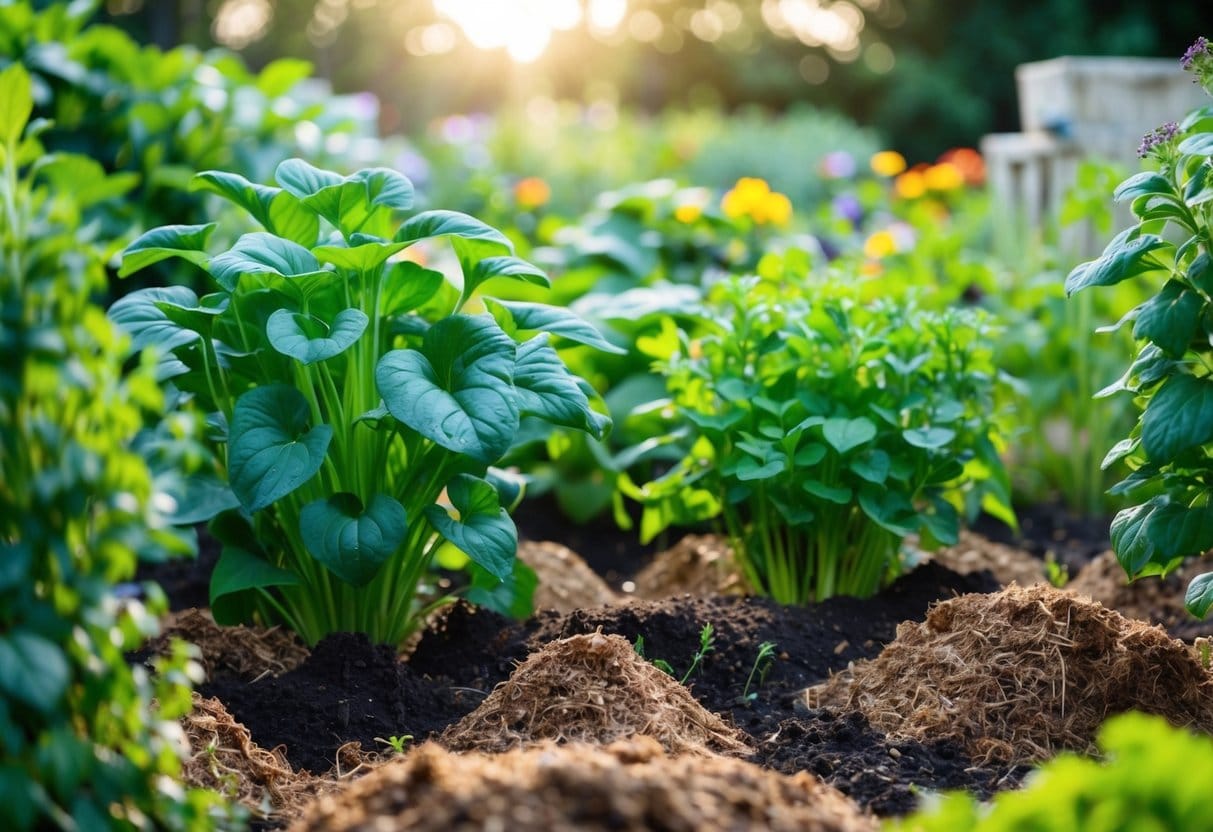
| Food Scrap | Key Nutrients | Application Frequency | Best For |
|---|---|---|---|
| Banana Peels | Potassium | Once a week | Tomatoes, potatoes, fruit trees |
| Rice Water | Proteins, amino acids | Once a month | Peppers, tomatoes, African violets |
| Coffee Grounds | Nitrogen, calcium, magnesium | Every few months | Roses, potatoes, blueberries |
| Onion Peels | Antioxidants, sulfur | Every 15-20 days | Indoor and outdoor plants |
| Tea Leaves | Organic matter | As needed | Lettuce, corn, soybeans |
| Egg Shells | Calcium | Regularly | Lilac, broccoli, Brussels sprouts |
| Epsom Salt | Magnesium, sulfate | As needed | Roses, pansies, tomatoes |
| Fish Tank Water | Organic nutrients | Once a month | Various tropical plants |
Frequently Asked Questions
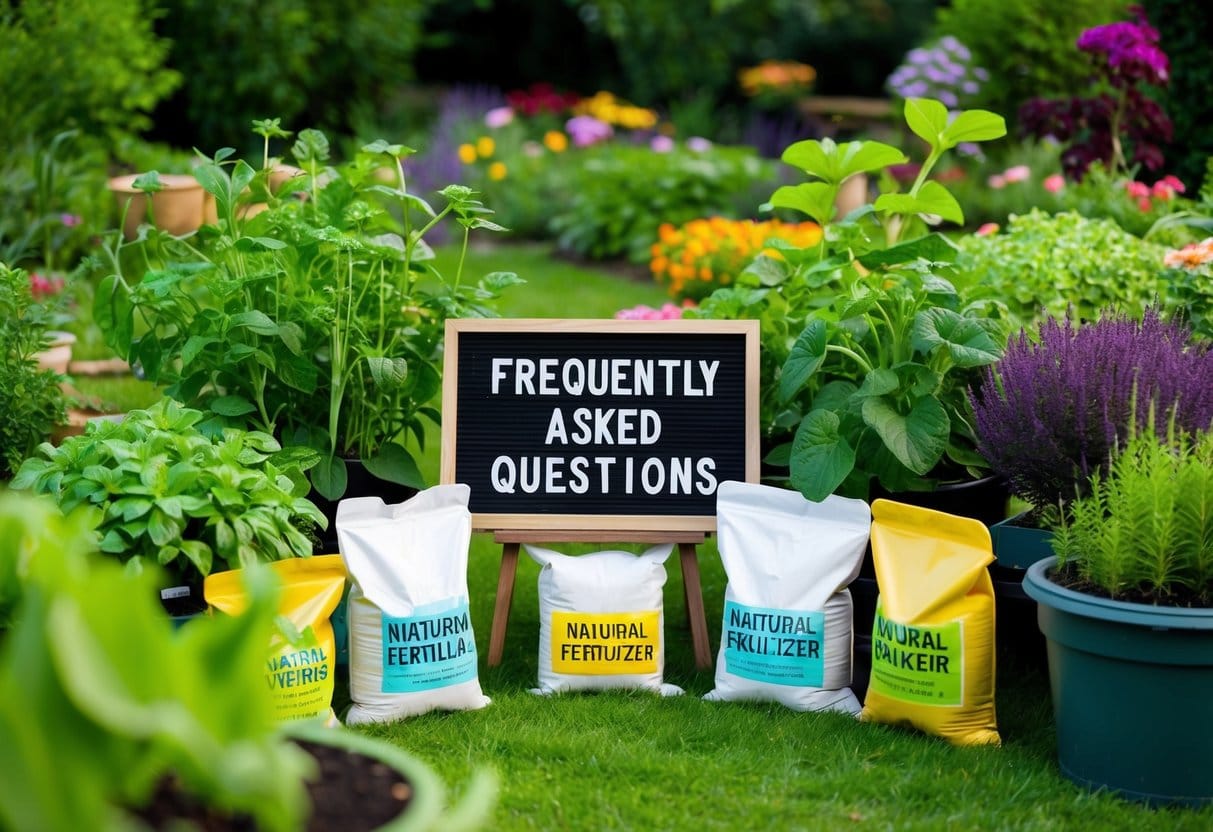
How can homemade fertilizer be made for potted plants?
Creating homemade fertilizer for potted plants is simple. One way is to use kitchen scraps. Ingredients like banana peels, coffee grounds, and eggshells can be combined. These ingredients provide essential nutrients like potassium, nitrogen, and calcium. Blend these scraps with water and let the mixture sit for a few days before using it.
What are some effective natural fertilizer recipes for gardens at home?
Several natural fertilizer recipes work well for home gardens. Here are a few options:
- Compost Tea: Soak compost in water for a week. Strain the liquid and use it as a nutrient-rich spray for plants.
- Epsom Salt Solution: Mix one tablespoon of Epsom salt with a gallon of water. This helps provide magnesium for healthy plant growth.
- Fish Emulsion: Combine fish scraps with water and let it ferment for a few weeks. Dilute before use for a potent fertilizer.
What are the best homemade fertilizers for indoor plants?
For indoor plants, homemade fertilizers are easy to create and use. Some effective options include:
- Diluted Vinegar: Mix one tablespoon of vinegar in a quart of water to provide a mild nutrient boost.
- Banana Peel Tea: Soak banana peels in water for 48 hours. This offers potassium and promotes flowering.
- Green Tea Fertilizer: Used tea bags can be steeped in water to provide nitrogen, making it beneficial for plants.
How can organic liquid fertilizer be made at home?
Organic liquid fertilizer can be made easily using compost. To prepare it:
- Fill a bucket with compost and water.
- Let the mixture sit for 1-2 weeks, stirring occasionally.
- After it has steeped, strain out the solids.
- Dilute the liquid with an equal part of water before applying it to plants.
What household items can be safely used as fertilizers?
Many household items can safely benefit plants. These include:
- Coffee Grounds: Add nitrogen and improve soil structure.
- Eggshells: Crushed eggshells add calcium, important for growth.
- Used Tea Bags: Provide nutrients and can help improve soil quality.
- Sweet Potato Water: Water from cooked sweet potatoes has nutrients that nourish plants.
Can coffee grounds and cinnamon be utilized as fertilizers, and how effective are they?
Coffee grounds are an excellent fertilizer. They provide nitrogen and improve soil acidity, which benefits many plants.
Cinnamon can be used as a natural fungicide and can help prevent mold on soil.
The combination of coffee grounds and cinnamon can enhance plant health when used together in moderation.


